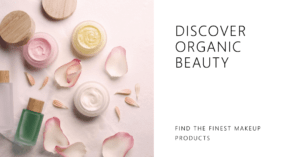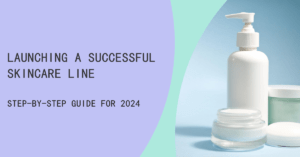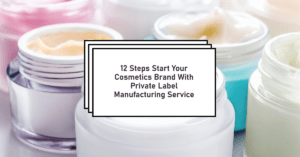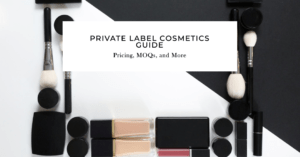Table of Contents
The Pros and Cons of Selling Private Label Cosmetics on Amazon
Introduction
The beauty industry has exploded in recent years, and as a result, many entrepreneurs have been drawn to the idea of starting their own private label cosmetic brand. Amazon, with its vast customer base and powerful e-commerce platform, can be an excellent place to sell these products. But is it the right choice for you? In this article, we’ll explore the pros and cons of selling private label cosmetics on Amazon and help you decide if it’s the right move for your business.
What are Private Label Cosmetics?
Private label cosmetics are products manufactured by a third party but sold under your own brand name. This allows you to create a unique line of products without the need for extensive investment in manufacturing facilities or equipment. By partnering with a reputable manufacturer, you can focus on marketing and branding while they handle the production.
Pros of Selling Private Label Cosmetics on Amazon
Control Over Branding and Packaging
One of the main advantages of private label cosmetics is the ability to control your branding and packaging. You can create a unique image for your products that stands out in the crowded marketplace. Amazon’s platform allows you to showcase your products with high-quality images, descriptions, and customer reviews, making it easier for customers to find and trust your brand.
Higher Profit Margins
Private label cosmetics typically offer higher profit margins compared to selling well-known brands. Since you’re cutting out the middleman and dealing directly with the manufacturer, you can often negotiate better pricing for your products. This means you can offer competitive prices while still enjoying a healthy profit margin.
Lower Competition
While the beauty industry is undoubtedly competitive, private label cosmetics can help you find a niche where competition is less fierce. By focusing on a specific target market or product category, you can differentiate yourself from other sellers and attract a loyal customer base.
Access to a Massive Customer Base
Amazon boasts a massive, global customer base, which gives you the potential to reach millions of potential buyers. This can help you scale your business quickly and efficiently, especially if you take advantage of Amazon’s Fulfillment by Amazon (FBA) program.
Customer Trust and Convenience
Many customers already trust Amazon as their go-to shopping platform. By selling your private label cosmetics on Amazon, you can benefit from this established trust and offer your customers the convenience of one-stop shopping for their beauty needs.
Cons of Selling Private Label Cosmetics on Amazon
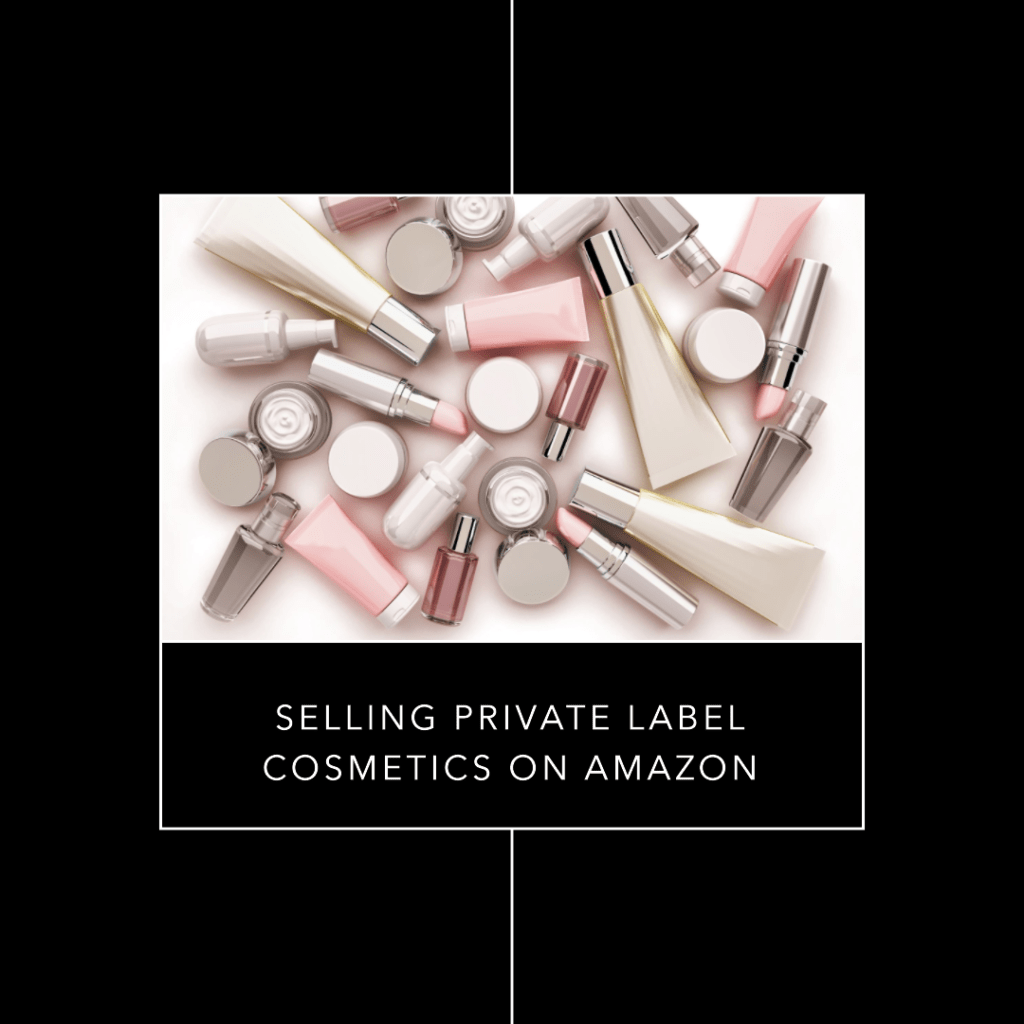
Amazon Fees and Commissions
While Amazon can provide significant benefits, it also comes with costs. Amazon charges fees for listing, selling, and using their FBA program. These fees can quickly add up and eat into your profit margins, so it’s essential to factor them into your pricing strategy.
Inventory Management Challenges
Managing your inventory can be a challenge when selling on Amazon, especially if you’re using the FBA program. You’ll need to maintain adequate stock levels to meet customer demand, but you also don’t want to overstock and incur unnecessary storage fees. This requires careful planning and monitoring of your inventory levels.
Legal and Regulatory Compliance
Selling cosmetics comes with legal and regulatory responsibilities. You must ensure that your products meet all necessary safety and labeling requirements in the countries where you’re selling. Failure to comply can result in fines, product recalls, or even a ban on selling your products on Amazon.
Intense Competition
While private label cosmetics can offer lower competition in specific niches, the overall beauty industry is highly competitive. New brands and products are continually entering the market, and it can be challenging to stand out among the vast selection available on Amazon.
Limited Customer Data
When you sell on Amazon, you don’t have direct access to your customer’s information, which can make it more difficult to build a long-term relationship with them. This limits your ability to engage in targeted marketing campaigns and can make it harder to cultivate brand loyalty.
Strategies for Success
To succeed in selling private label cosmetics on Amazon, it’s crucial to focus on creating a unique brand identity, offering high-quality products, and staying current with industry trends. Regularly analyze your competition and adjust your pricing, marketing, and product offerings as needed. Consider using Amazon’s advertising tools to boost your visibility and invest in professional product photography and persuasive copywriting to showcase your products in the best light.
Conclusion
Selling private label cosmetics on Amazon has its pros and cons. While there are potential benefits such as higher profit margins, control over branding, and access to a massive customer base, it also comes with challenges like Amazon fees, inventory management, and intense competition. By carefully weighing these factors and implementing the right strategies, you can build a successful private label cosmetics business on Amazon.
FAQs
- Q: How do I find a reputable private label cosmetics manufacturer? A: Do thorough research, read reviews, and ask for referrals from others in the industry. It’s essential to choose a manufacturer that meets your quality standards and can produce your desired product line.
- Q: How can I protect my private label cosmetic brand from counterfeiters on Amazon? A: Enroll in Amazon’s Brand Registry program, which provides tools to help protect your brand, such as proactive brand protection and the ability to remove counterfeit listings.
- Q: What are some marketing strategies I can use to promote my private label cosmetics on Amazon? A: Utilize Amazon’s advertising tools, engage with customers through social media, create a professional and visually appealing product listing, and offer promotions or discounts to attract buyers.
- Q: Can I sell my private label cosmetics on other platforms in addition to Amazon? A: Yes, you can sell on multiple platforms, such as your own e-commerce website, other online marketplaces, or even in brick-and-mortar retail locations. Diversifying your sales channels can help reduce your reliance on Amazon and broaden your customer base.
- Q: How can I ensure my private label cosmetics comply with all necessary regulations? A: Consult with legal and industry experts to understand the specific regulations that apply to your products. Work closely with your manufacturer to ensure compliance and maintain accurate documentation.

